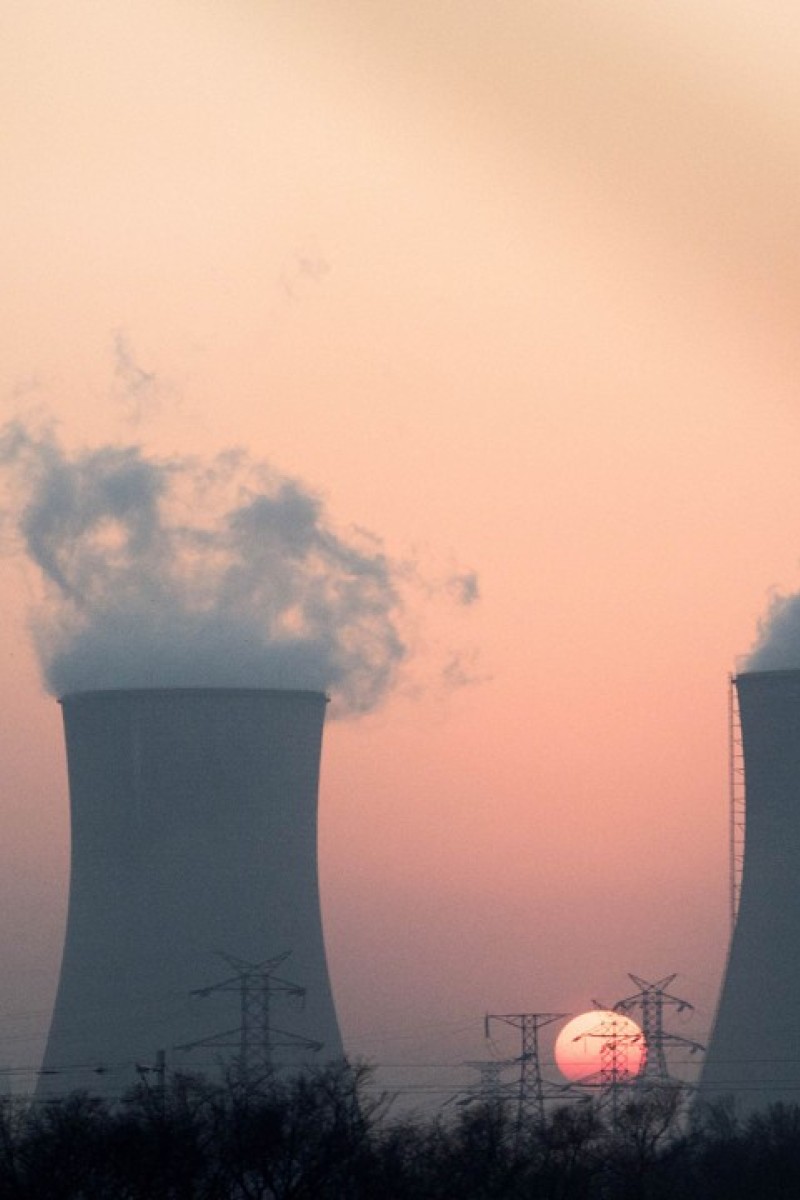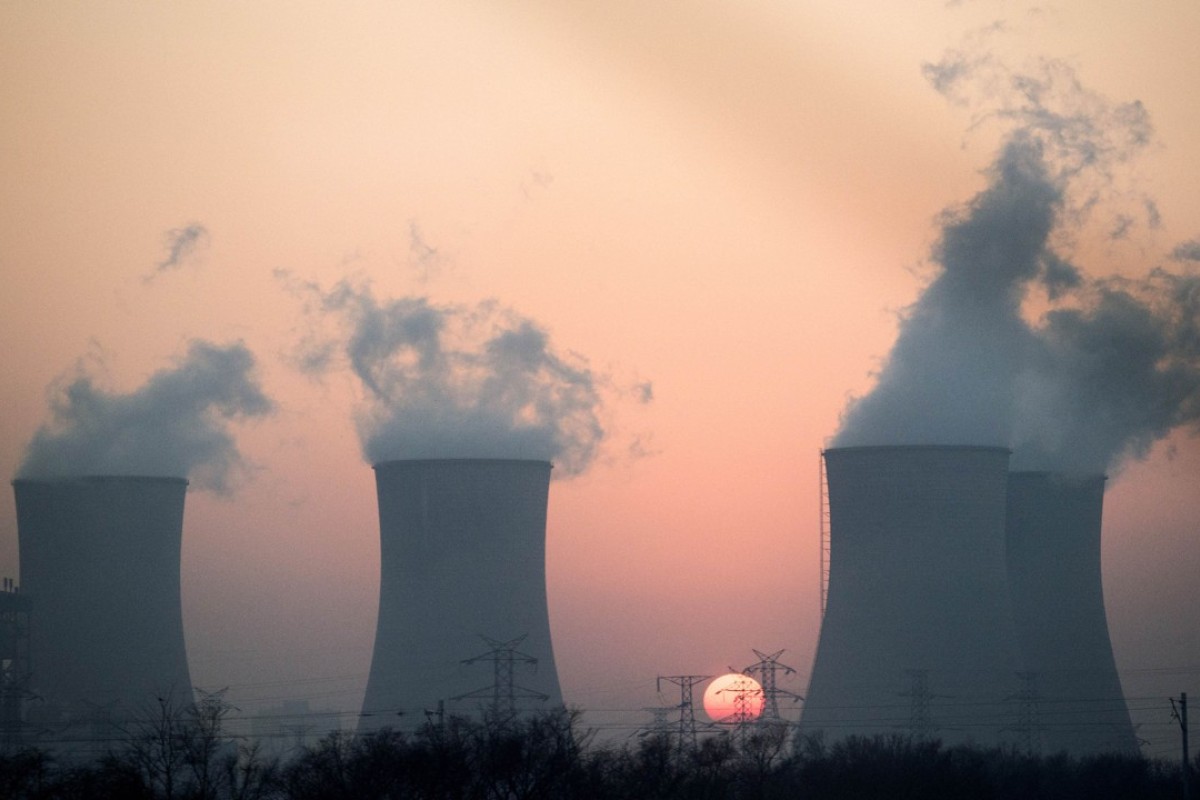
Here’s why an energy-sharing economy would be a win-win scenario in Hong Kong
What if we could use a system like Uber or gobee.bike to build a ‘solar grid’ for the future?
 If we apply the sharing economy to the energy industry, and use greener energy sources, we can help to combat climate change.
If we apply the sharing economy to the energy industry, and use greener energy sources, we can help to combat climate change. You might not have heard of the term “sharing economy”, but you’ve probably been a part of it. In a sharing economy, goods and services are exchanged through peer-to-peer interaction. Companies like Uber, Car2Go, Airbnb, and gobee.bike are all part of the sharing economy, and are great examples of how it’s changing the way we live.
Services have been changed from being a one-way transaction to being two-way, or multiway interactions between a supplier and their user. We’ve seen this within the transport and tourism industries. How long will it be until we see the sharing economy impact our energy and environmental industries?
In Hong Kong, less than two per cent of the energy sources used to generate electricity in 2012 was made up of renewable energy. Natural gas made up 22 per cent, and coal made up 53 per cent. If more renewable energy sources were used, we could combat climate change and air pollution. The development of renewable energy in the city, however, lags behind other countries. This is because of the lack of space to build renewable energy facilities.
However, we could use the sharing economy to change this, and help build a more environmentally-friendly fuel mix. Hong Kong is a densely populated city with compact public and private buildings. A solar power exchange via a smart grid could help us transition to renewable energy. Low-cost solar panels on buildings could create energy for use by citizens in their homes. This energy could be sold to other people if the homeowners wanted, at a price lower than what a large electric company would charge. Solar panels store energy all day long, so there might be a surplus of energy even after the homeowners sell some of it to their neighbours. This energy could be sold to an electric company.
We could call this a “Smart Grid Energy Exchange”. It would be a win-win scenario for all those involved. Homeowners would make money, their neighbours would save money, and the electric companies (with the extra electricity given back to them from the public) could stop stretching their budgets across power plants that don’t need expanding.
With a sharing-based energy exchange market, I think that we’d have a cleaner environment, less pollution, and better health all around.
With the help of assistant professor Dr Lin Zhang